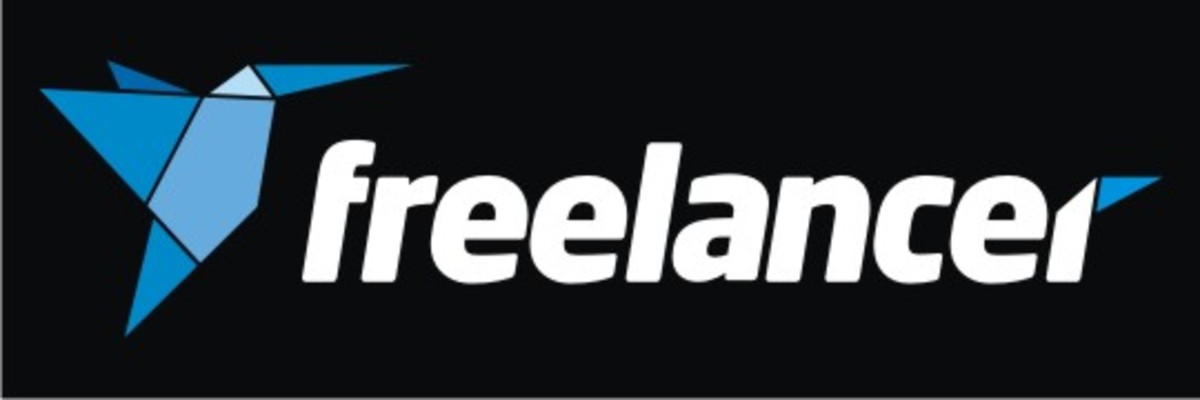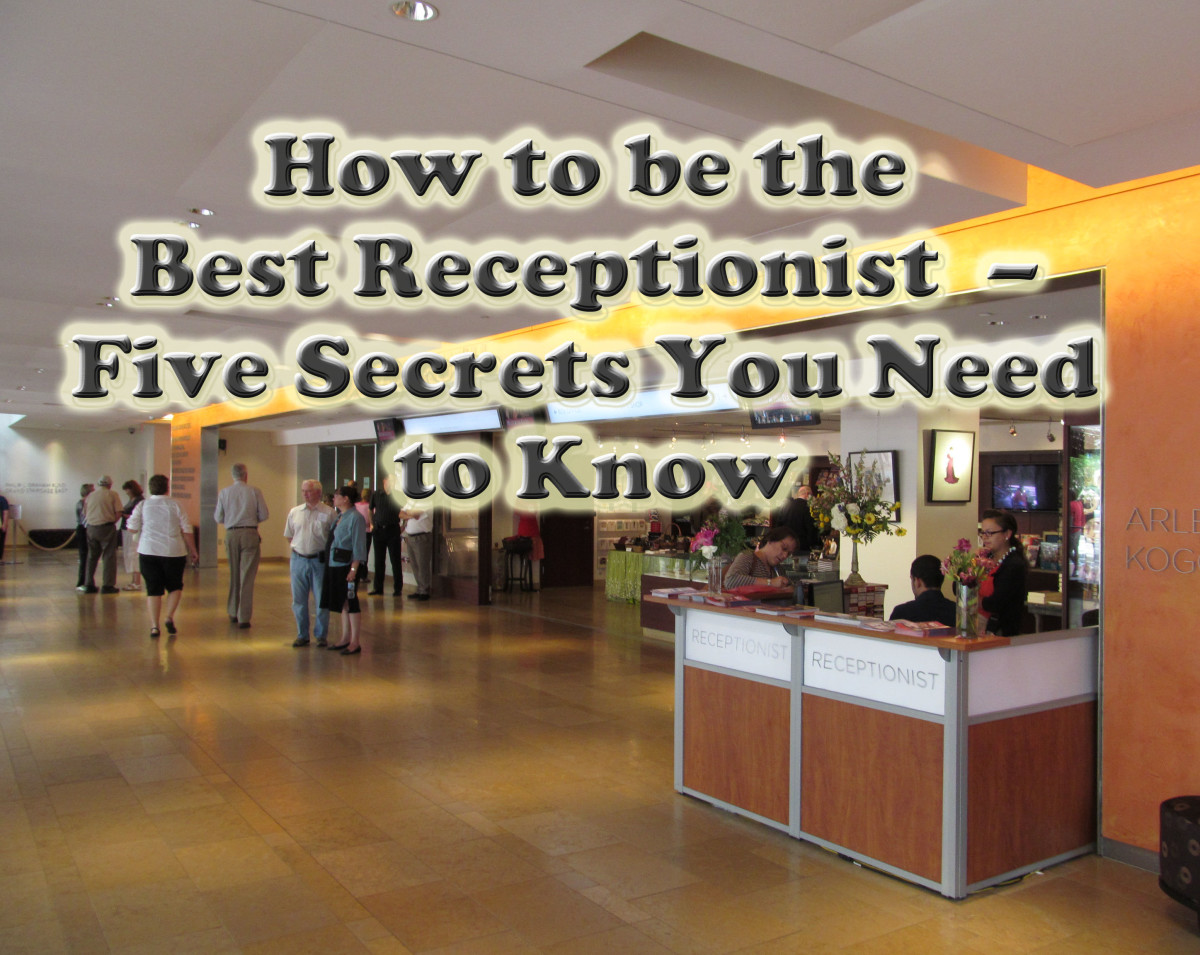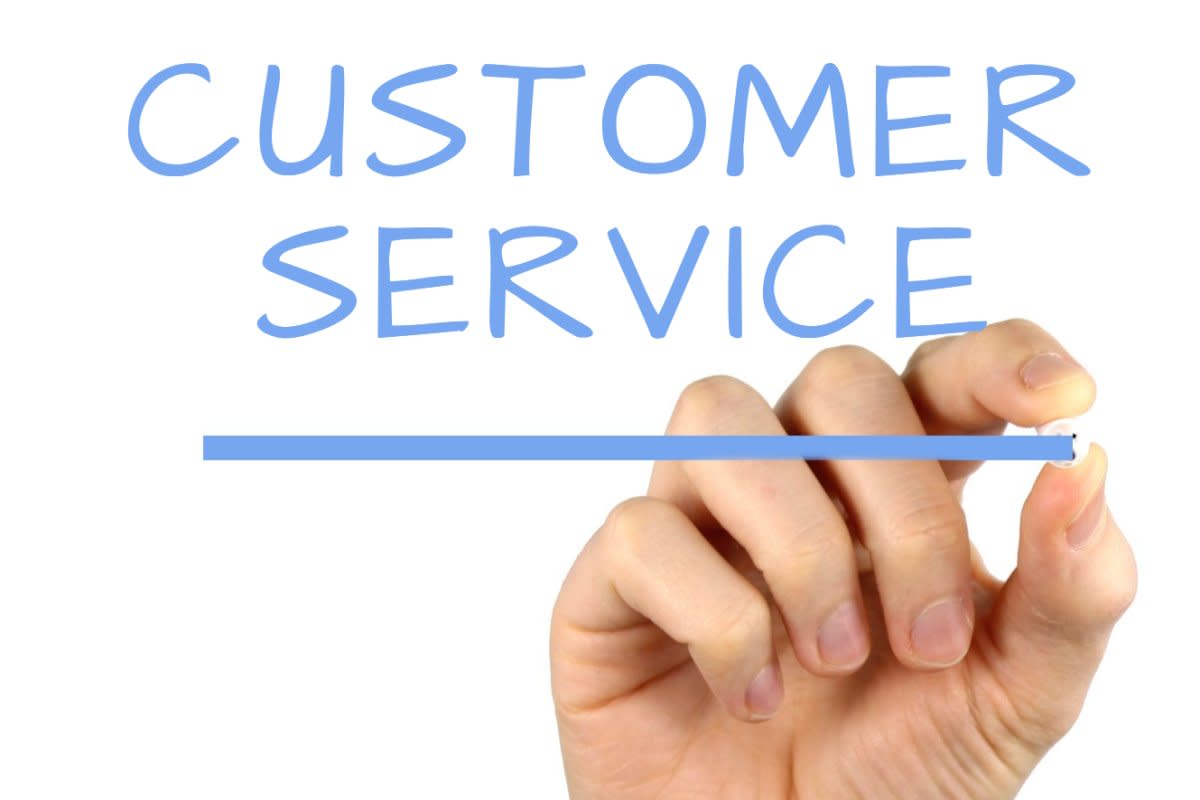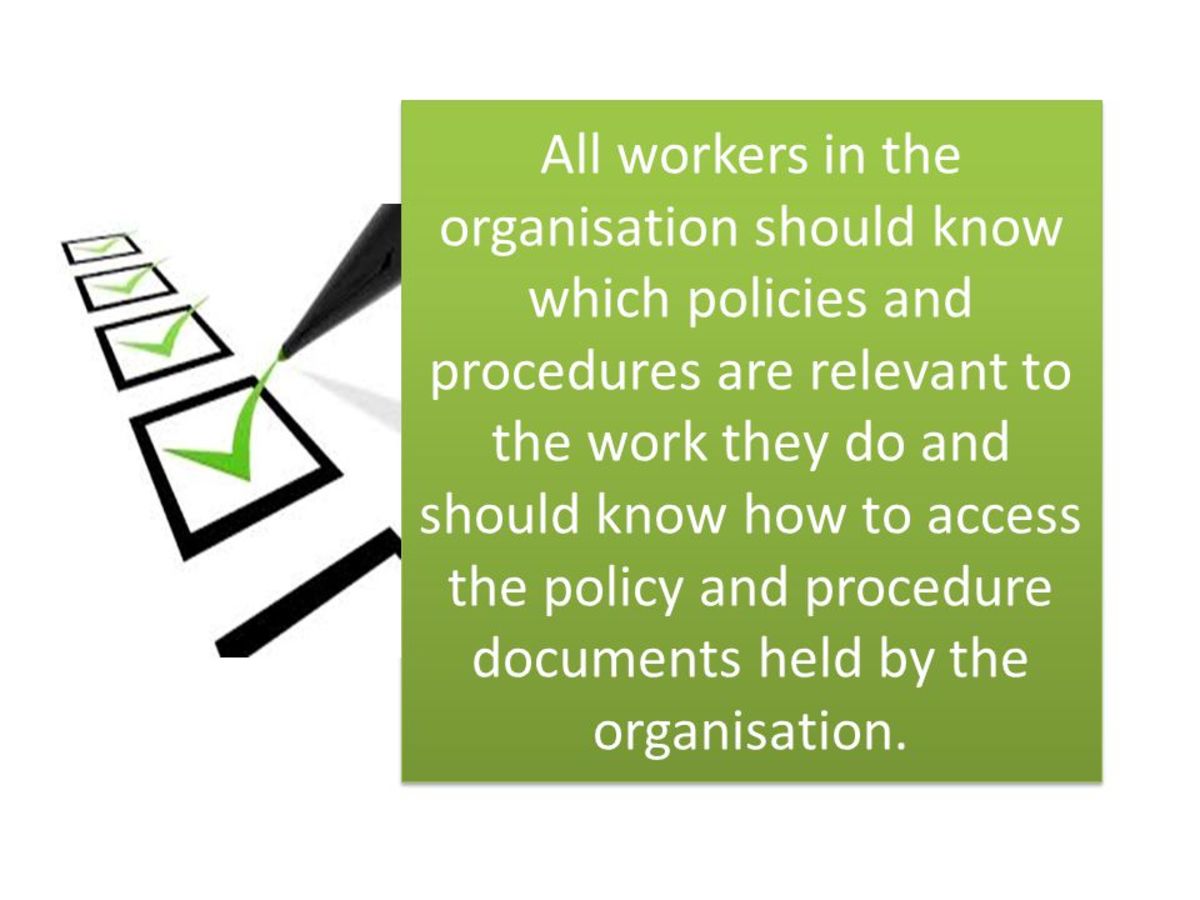How To Make Clients Listen So They Will Buy
How many of you have prepared and practiced their sales scripts and spiels only to end up without a positive sale? Raise your hands, don’t be shy. Chances are every sales person encounters this in their career (some too often than desired). Customers put on varied masks from I-already-know-that-so-don’t-bother-me attitude to buzz-off-I’m-busy look. Don't underestimate the listening skills of clients (or the lack thereof). Breaking through this requires special sales skills training.
Did you just waste money on sales training seminars that told you to prepare your sales presentation? No. The problem may not be in the sales presentation kits that you use. So how do you make clients listen so they will buy?
Many sales presentation skills training fail to address a fundamental hurdle - how to make clients listen. If they don’t listen to you no amount of convincing will work. Here are some tips and techniques to get your clients to listen and make a sale.
Talk to the right people
Many sales professionals seem to close often without much work. On the other hand, some work their heads off to no avail. So what’s the secret? Actually there’s none. They simply talk to the right people so they close the sale. It’s the lack of qualified prospects that’s the problem. Chances are if your prospect is not qualified, they won’t even entertain your sales spiels no matter how enticing they might be. To get clients to listen to you requires that you talk to the right clients first. Clients that are interested in what you have to offer will take the time to listen.
This does not mean you should disregard others you think are not qualified. Your sales presentation is still valuable even if they don’t buy. At least you get to tell them that you and the product exist. If they're willing to listen then capitalize on that.
Relevance is important
Not everything in the sales presentation kits will interest the client. An effective sales technique is to present only relevant information to clients. If he’s in the market for boats, then talk about boats. More importantly, talk about the boat your selling or the products that he will need for his boat. It’s just logical to focus on what interests your clients and provide them with it. So skip those details that will not benefit your conversation unless it of course it’s vital that the client know about it.
So what’s relevant to the client? Good question! I don’t know! You need to draw out what they need and what they want. Many sales training seminars will teach you to do this. But allow me to add one more. Learn what they will prioritize to buy. Many clients may want something but needs another. So the question is what will they prioritize when it comes to spending? Needs and wants are good information to know. But what is more lucrative is unraveling their priorities.
What’s in it for them?
Remember that customers buy because of the advantages and benefits they can get from what you sell. Allow me to illustrate. Phones are intended for making calls, right? But phones do more than just make calls. Chances are calling is the least of the functions that you use. With features like online connectivity, phone camera, videos capture and playback and a host of other features people do more with their phones. People are willing to pay more for the extra benefits. The bottom line is: what’s in it for them? Will it provide clients comfort, ease and a better quality of life? Consumers already know they can call using their phone. But what interests them is the additional benefits they ca reap. Provide them more than what they expect and they will surely listen.
Here’s a sales presentation tip: focus on the product benefits rather than the features. You’ll definitely make them stop and listen some more.
Use power words
My wife and perhaps many other people can easily spot a sign that says “SALE” from far away. Furthermore, I can’t seem to pass the opportunity to hear how I can save more or get more. It’s no coincidence that most of the advertising strategies make use of power words and phrases. Why? It gets people to stop and want to know more. Many sales training courses will provide you with a roster of sales power words. But what is crucial is flawlessly using it during your sales presentation. You don’t want to sound like an infomercial in front of your clients. This is where practicing comes into play. It’s just like riding a bike, once you’ve got the hang of doing it, it will flow out naturally.
Using power words in your sales presentation includes both spoken words and written ones. So review your sales presentation kits and your sales script. If you need to hone them then do so.
Here are some power words you might want to incorporate in your sales script: sale, limited, tested, absolutely, special, improved, discount, free, useful, easy, worry-free, latest, breakthrough, reliable, value, valuable, simple, refundable, guarantee, money-back guarantee, risk-free, affordable, expert and new
Engaging sales presentations work best
Engage the clients using interactive sales presentations. No, this does not have to be done with multimedia and the whole sound stage. An interactive sales presentation is when the client actively participates in the discussion. This means clients share their views, asks questions and even share their experiences. Questions are a sales person’s secret weapon. It’s like when Harry Potter got the Sorting Hat to fight the Basilisk. You’d wonder what in the world was Dumbledor thinking sending an old hat. But it proved to be useful in the end. Well, it’s not a perfect analogy but the point is questions seem to be unlikely tools but they are powerful when used properly. You’ll be surprised at how much information you can get simply but shutting up and listening to clients. The listening skills of sales professionals must be equally honed to make sales opportunities fruitful.
An engaging sales presentation will make the client actively participate. This is important since an effective sales presentation is actually open communication between you and your client.
Making your clients listen is a huge task. Before you can close a sale, you need them to listen. How will clients learn what you have to offer if they close their minds to what you can provide them. Overcome this hurdle first and your sales closing rate will improve.








